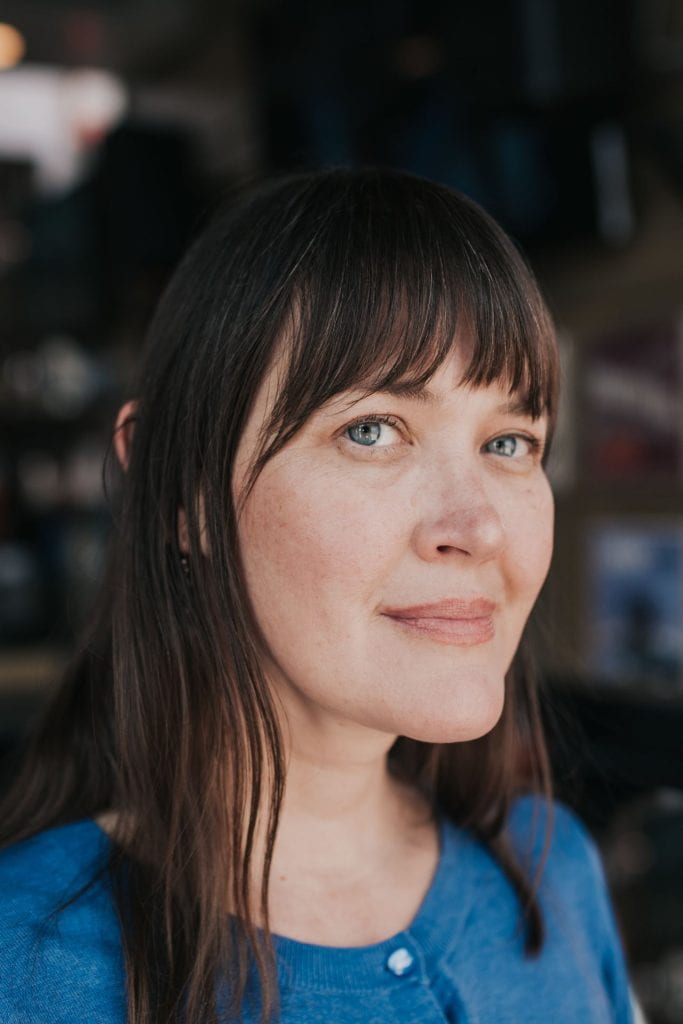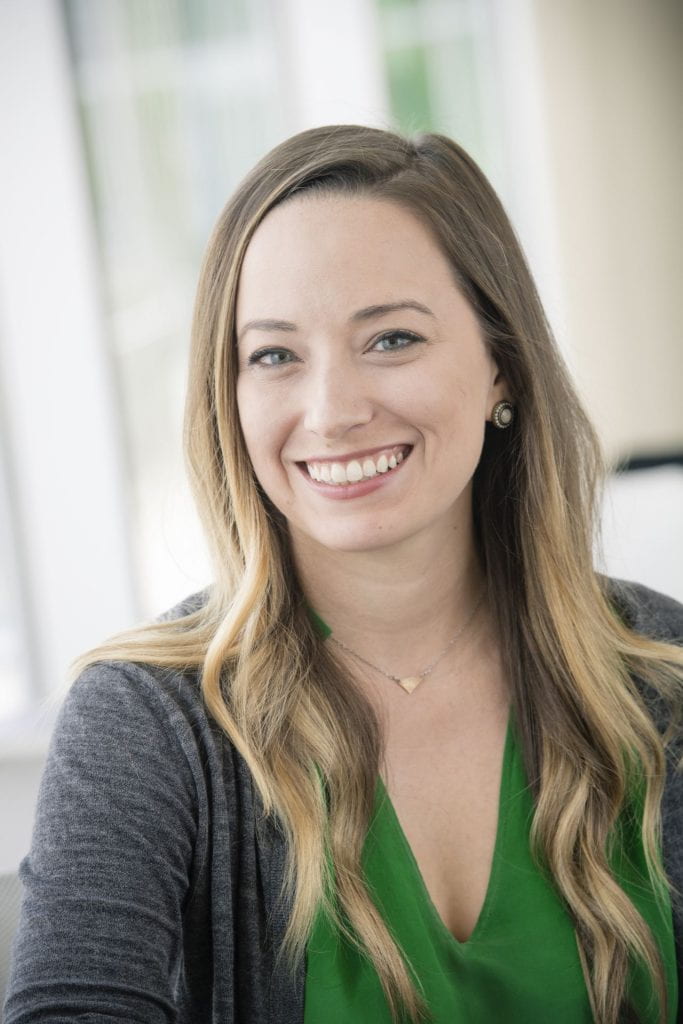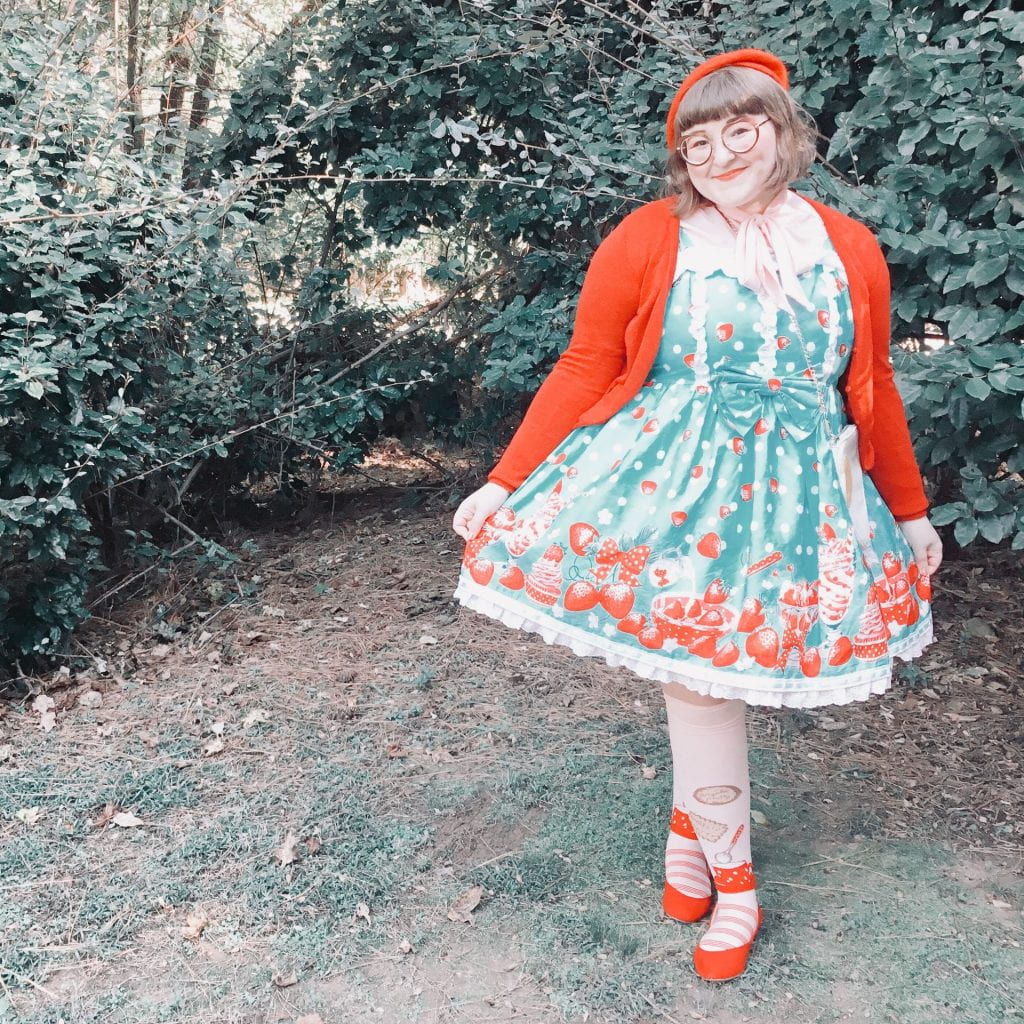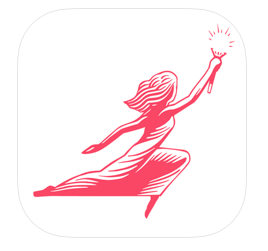
The writing field offers a multitude of paths for English students to take, but it’s at the intersection of these paths that make a writing career so interesting. Professional writing may conjure up ideas of strict rules and a lack of creative control, but UAB alumna Tina Braziel knows that isn’t the case.
After receiving her Masters in English, Braziel taught at UAB as an English professor for a total of seven years. But she “wanted more instruction and time to write,” so she decided to get her M.F.A as well. Between her degrees, it was the Ada Long Creative Writing Workshop that really drew her back to UAB. Now she works as the director of the three-week long workshop, which offers high schoolers the opportunity to work closely with published writers.
The intensive summer program is aimed at those who are interested in creative writing careers. Braziel uses several different methods to reach out to students; she has had to craft an online presence, post on bulletin boards and draft letters and informational cards for teachers. So, while the focus of her career may lie in creative writing, Braziel uses elements of professional writing to represent her ideas.
Braziel also relies on document design “to make clear what is advertised [and] what the classes will offer.” This is especially useful when building a creative platform, as there can be no creative publication without the traditional markers of technical writing like web design and copyediting.
She must also use professional skills for effective communication when it comes to engaging and recruiting students who aren’t considering college, keeping in touch with other faculty members to expand upon enrichment activities and contacting guest speakers and field trip sites.
Braziel’s work isn’t finished with the end of the workshop, though, as she immediately begins prepping for the next one: drafting donation and thank you letters or sending out copies of The Writer’s Block. She uses professional writing to accurately portray the workshop’s purpose and solidify its logistics so everything runs smoothly.
Outside of the workshop setting, professional writing has benefitted Braziel’s creative pursuits. She uses the same learned techniques—like drafting, critiquing, and revising—to promote her own work. Her poetry has been published in many acclaimed journals and her first poetry chapbook was published by Porkbelly Press in 2016. While Braziel never imagined that technical skills would be so closely related to creative work, she has come to find that this intersection is what makes her creative pieces possible.
However, she says that “the process of getting to that point takes more than just creative skill.” Through the ordeal of submitting (and revising and resubmitting) manuscripts, cover letters and pitch letters, creative writing doesn’t get to speak for itself. Writers must do a lot of additional work “to develop a creative style while honing writing skills,” whether that be applying for residencies and fellowships, accurately marketing yourself or pitching your publication.
There is a fine line to balancing creativity with the technical skills necessary to work throughout multiple genres and platforms. Braziel has worked hard to hone a personal professional language, a valuable skill she highly advises for other writers.
Braziel was recently announced as the winner of the 2017 Philip Levine Prize for Poetry through the Fresno State Master of Fine Arts Program in Creative Writing, which awarded her with the publication of her debut full-length book, Known by Salt, through Anhinga Press.









